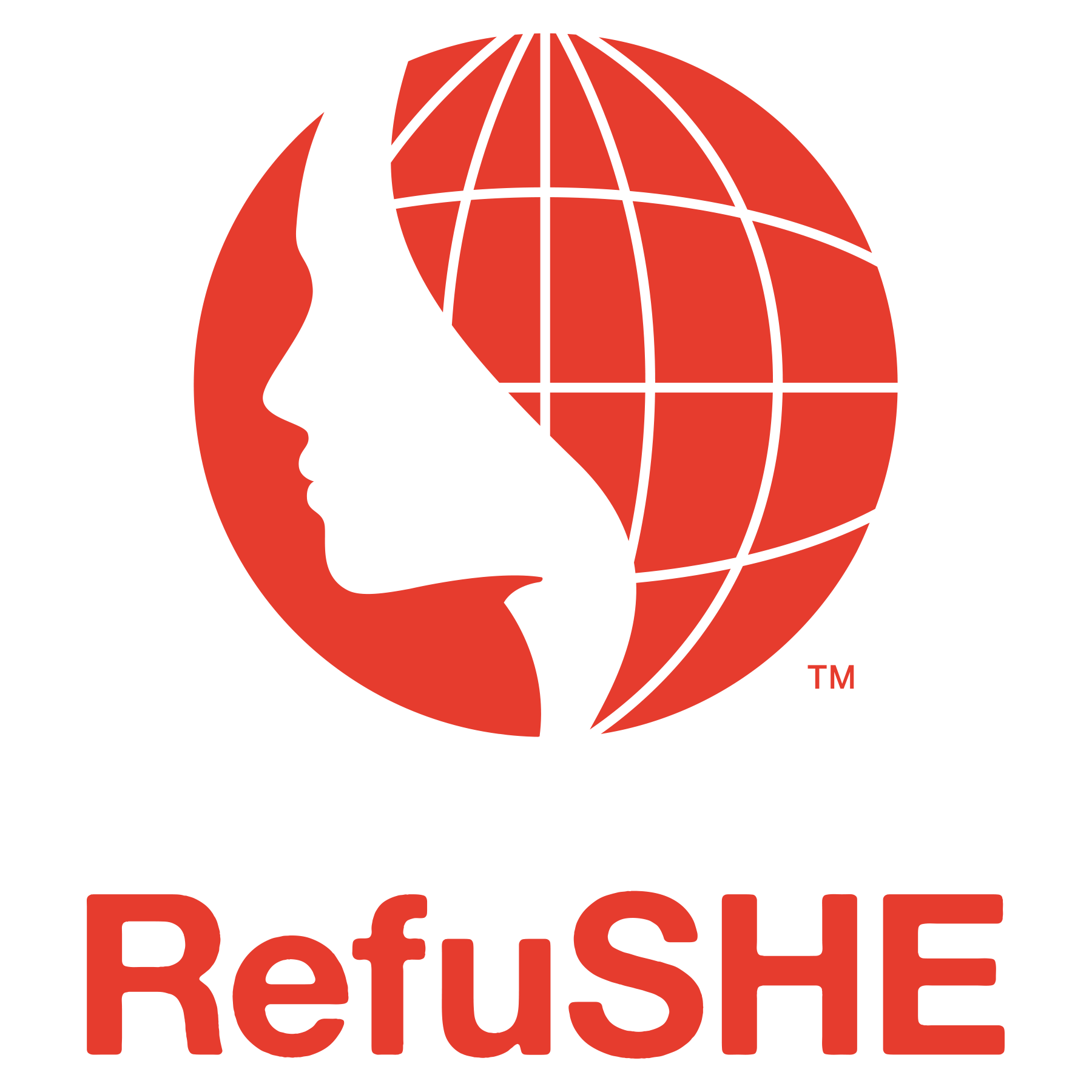Sewing a Future: Zahabu's Story
Zahabu was only 15 years old when she fled her home country of the Democratic Republic of Congo (DRC) due to war. She arrived alone in Kenya in 2015 after trekking for many miles and hitching rides from well-wishers across the Kenya-Uganda border. With the assistance of other people from the DRC, Zahabu found her way to Nairobi and sought assistance from HIAS.
HIAS provided Zahabu with financial assistance for a few months and placed her in a shared living situation with another woman who the organization was also supporting. Unfortunately, this living situation did not work out for long and Zahabu was forced to live alone. Luckily, Zahabu lived in a neighborhood of Nairobi with a large Congolese population. One day after attending church, Zahabu bumped into her long-lost brother whom she had been separated from while fleeing their home country. The siblings were overjoyed at being reunited and decided to live together from that day on. Because her brother did not have documentation, it was difficult for him to find jobs. To make ends meet, he would sell fruit on the street and do odd jobs which were difficult to come by. Zahabu would often join him in the fruit vendor business so that they could make enough money to pay their bills.
In 2017, Zahabu was referred to RefuSHE by HIAS. She joined the Girls Empowerment Program (GEP) and enrolled in basic education and vocational training courses. She successfully progressed through the grades, earning her certificates of completion in primary education and basic tailoring.
Before joining RefuSHE, Zahabu felt hopeless and lost. She struggled to make ends meet and had trouble visualizing a clear end to her suffering. After joining RefuSHE, Zahabu grew to have a better understanding of herself. In addition to receiving a traditional education, Zahabu gained skills in hand and machine stitching, pattern drafting, fabric measuring and cutting, and sewing. As her sewing skills improved, Zahabu thought of starting a tailoring business to earn an income and support herself. She wanted to become empowered and self-sufficient. She approached her teachers and requested support in learning advanced tailoring skills to make products that she could sell. Her teachers encouraged her and taught her how to stitch jackets and bags made from Ankara fabric. Zahabu also learned how to make new garments like dresses, shirts, skirts, and trousers.
In 2019, Zahabu officially launched her small business. At first, her primary customers were the staff and girls at RefuSHE who greatly supported her. With every sale that she made, Zahabu invested her earnings into her business to buy more fabric to create more products to sell. This promising start to her business encouraged her to work hard to make her fashion enterprise grow.
When the COVID-19 pandemic hit in 2020, RefuSHE closed its campus and pivoted to a remote learning environment. This provided Zahabu with an opportunity to focus on her small business and take it to a new level. Zahabu’s industry and passion made her stand out among the other students. RefuSHE’s Artisan Collective Business Manager enrolled her in an entrepreneurship training and mentorship program hosted by 4G Capital. This program provided her with knowledge of basic business principles and an apprenticeship with a fashion business owner to help her understand how to run and maintain a successful enterprise. As part of the program, Zahabu was required to write a business plan to receive a seed grant of about KES 18,000. She used this money to buy a secondhand sewing machine to use at home to make it easier for her to create more products. To reach a wider range of customers, Zahabu began using online platforms like Instagram and Facebook to sell her products. She also received referrals from her clients. Today, Zahabu has printed business cards that she includes in every purchase to make it easier for her customers to refer her or reach other customers to her.
In 2022, Zahabu officially became a member of RefuSHE’s Artisan Collective. She is grateful for the opportunity to nurture her skills and appreciates the creative process involved in making hand-dyed scarves and textiles. The monthly stipend that she earns helps her meet her basic needs and support her family. The budding entrepreneur is hopeful about her future and plans to grow her business. Zahabu’s dream is to have a physical shop in Nairobi where she can operate her business, attract regular customers, and help establish her brand. If we know anything about Zahabu, it’s that she wholeheartedly commits to her dreams. We suspect Zahabu Designs will be a household name in no time!


